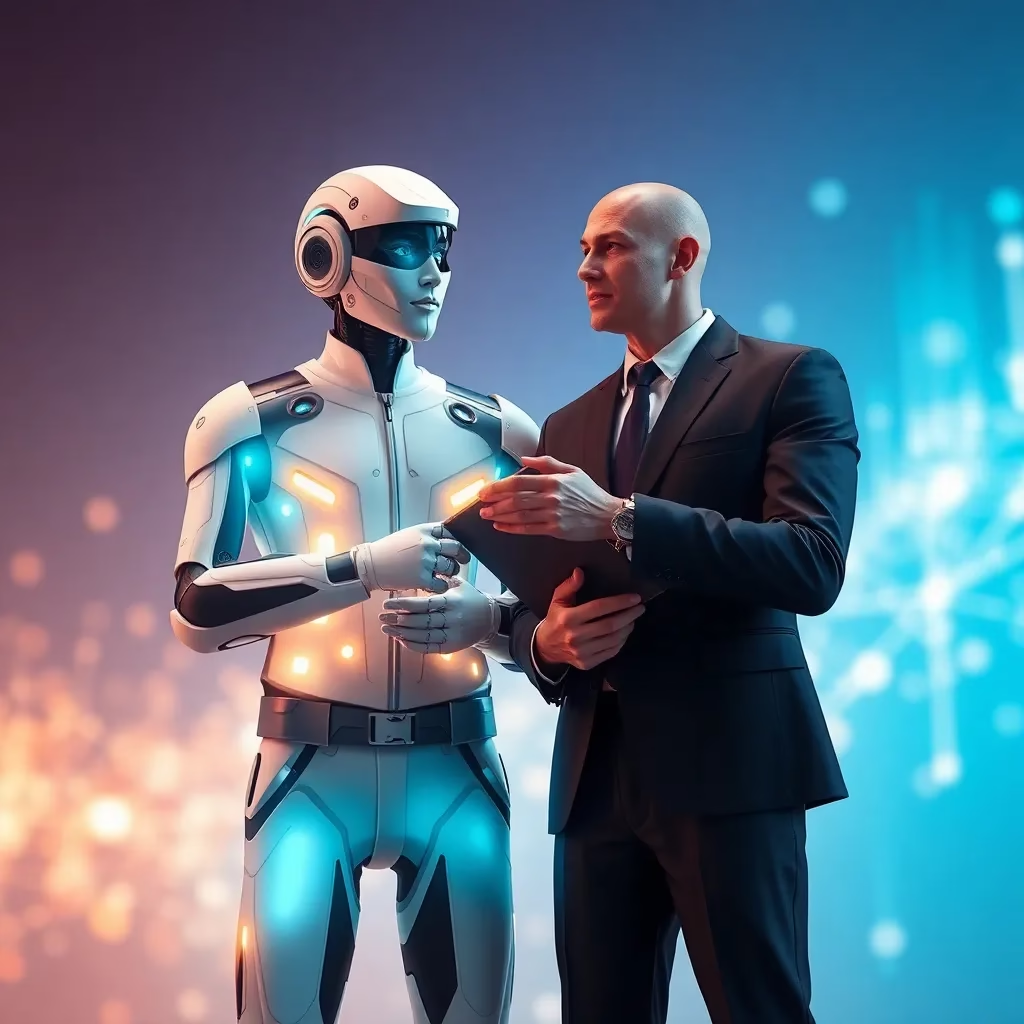In an era defined by rapid technological advancements, artificial intelligence (AI) and blockchain technology stand out as transformative forces capable of reshaping industries. However, the successful integration of these two technologies is not just beneficial but necessary. The question remains: how can blockchain resolve some of the critical flaws inherent in AI?
AI has revolutionized various sectors, enhancing efficiency and user experience while raising concerns about transparency and ethics. As AI systems make critical decisions—from healthcare diagnostics to transportation logistics—the risk of bias, manipulation, and lack of accountability becomes a significant threat. Here, blockchain, with its decentralized and immutable characteristics, serves as a foundation for trust.
- Transparency: Blockchain provides a verifiable ledger that records every aspect of AI’s decision-making process, ensuring transparency in operations.
- Accountability: With a decentralized structure, AI actions can be audited, and anomalies can be quickly identified and corrected.
- Ethics: Smart contracts can enforce ethical guidelines, ensuring that AI development adheres to fairness and integrity.
Moreover, AI’s current vulnerabilities—including biases in algorithms—pose risks that blockchain can help mitigate. By integrating AI with blockchain technology, we create systems where:
- Data Integrity: Training datasets can be verified, ensuring that AI operates on accurate and unbiased information.
- Decision Traceability: Every decision made by AI can be traced back to its source, allowing for easier identification of flaws in algorithms.
- Collaborative Governance: Stakeholders can participate in decision-making processes, fostering a culture of shared responsibility.
However, the relationship between AI and blockchain must be symbiotic. While blockchain can enhance AI’s trustworthiness, AI can improve the functionality of blockchain systems. For example, AI algorithms can predict market trends in blockchain applications, driving efficiency and profitability.
As we stand on the brink of what many consider the next technological revolution, it is vital that we prioritize the fusion of AI and blockchain. The consequences of neglecting this marriage could derail progress, leaving us vulnerable to biases and opaque operations that can have detrimental effects in high-stakes environments such as aviation, healthcare, and autonomous driving.
In conclusion, blockchain is not merely an accessory to AI; it is a fundamental requirement for bringing trust, transparency, and ethics into AI applications. If we wish to harness AI’s full potential to make the world a better place, the integration of these two powerful technologies is imperative.



